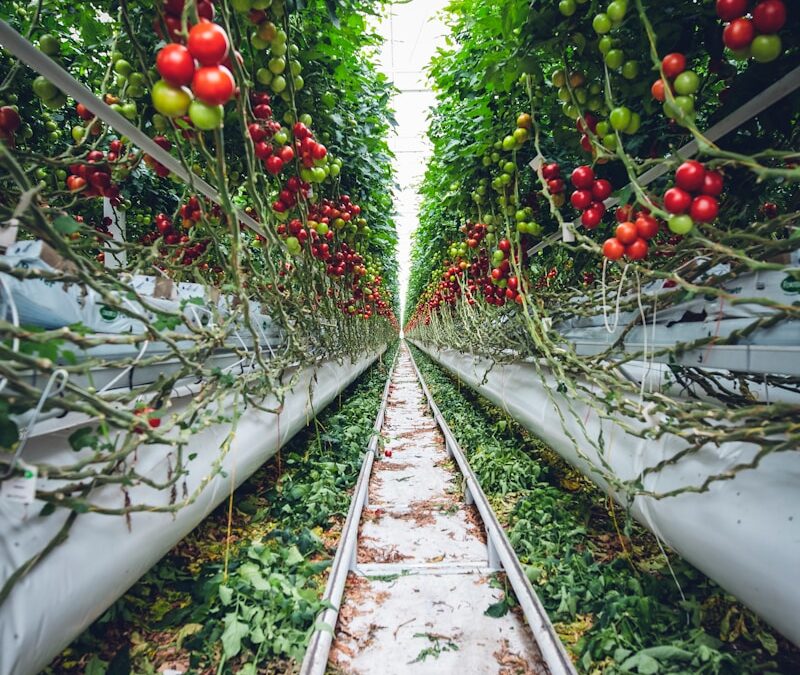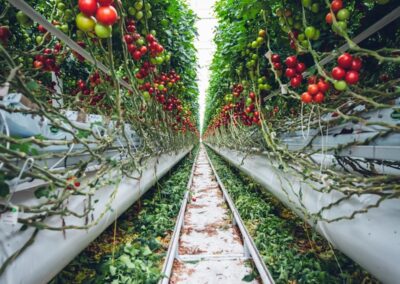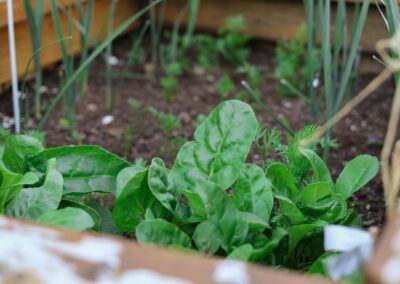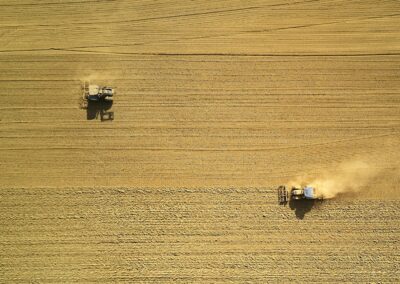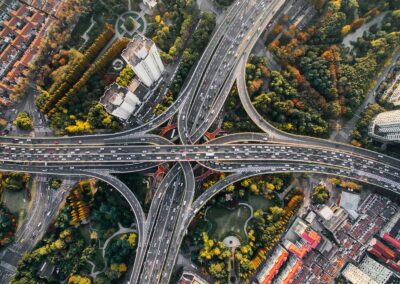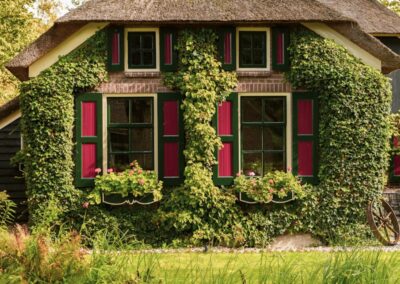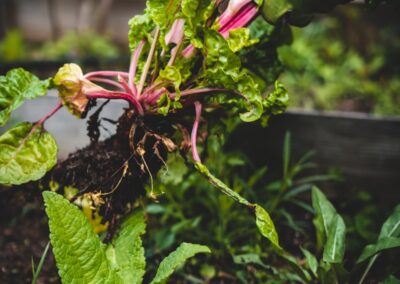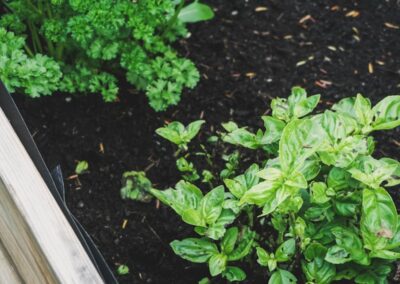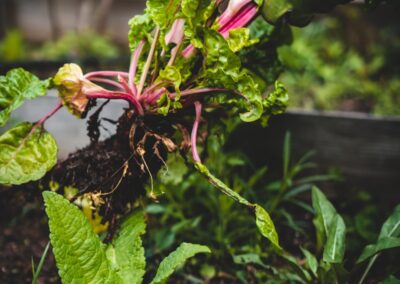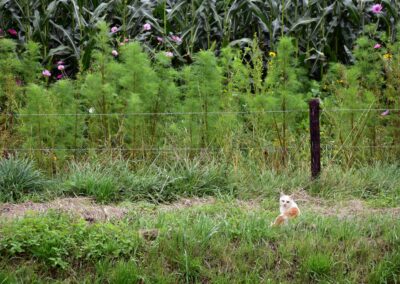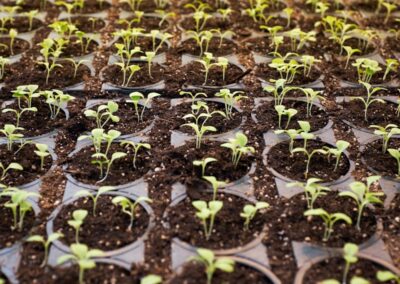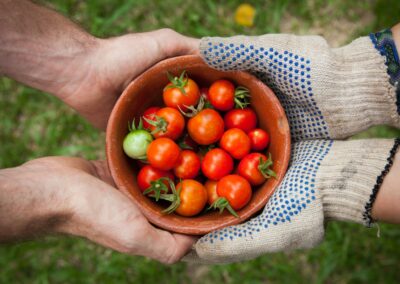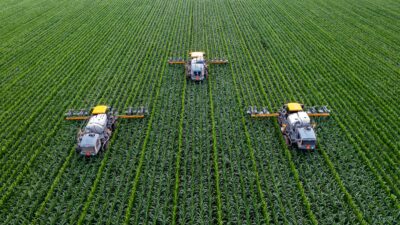Empowering Communities through Urban Vertical Farming
Introduction to Urban Vertical Farming in Saudi Arabia and the UAE
The success of urban vertical farming projects hinges significantly on community involvement. As cities in Saudi Arabia and the UAE continue to expand, innovative solutions like vertical farming are becoming essential to address food security and sustainability. In urban centers such as Riyadh and Dubai, these projects are not only transforming the agricultural landscape but also fostering a sense of community and environmental stewardship among residents.
Urban vertical farming utilizes advanced technologies to grow crops in vertically stacked layers, often within controlled environments such as buildings or shipping containers. This method is highly efficient, conserving space and resources while maximizing crop yields. In Riyadh, initiatives like the King Salman Park project are integrating vertical farming to enhance green spaces and promote sustainable urban living. Similarly, Dubai’s commitment to becoming a global leader in sustainability is reflected in its numerous vertical farming projects aimed at reducing the city’s carbon footprint and improving food self-sufficiency.
However, the true potential of these projects can only be realized through active community participation. Engaging local residents in urban farming initiatives not only boosts the project’s success but also promotes healthier lifestyles, strengthens community bonds, and educates the public about sustainable practices. In both Riyadh and Dubai, various strategies are being implemented to encourage community involvement in vertical farming, ensuring these initiatives are inclusive and beneficial to all.
Encouraging Community Participation in Urban Farming
One of the key strategies to enhance community involvement in urban vertical farming is through education and awareness campaigns. In Riyadh, the Ministry of Environment, Water, and Agriculture is spearheading efforts to educate the public about the benefits of vertical farming. These campaigns aim to raise awareness about sustainable agriculture, demonstrate the technology behind vertical farming, and showcase its impact on urban food security. By providing workshops, seminars, and hands-on experiences, residents are encouraged to participate actively in urban farming projects.
Dubai is also fostering community engagement through its Smart Dubai initiative, which includes educational programs focused on sustainable living. The city’s urban farming projects are integrated into school curriculums, community centers, and public spaces, making it easier for residents to learn about and get involved in these initiatives. Additionally, Dubai’s government is collaborating with private sector partners to create community gardens and vertical farms in residential areas, providing accessible platforms for residents to engage in urban agriculture.
Moreover, incentivizing participation is another effective approach. Both Riyadh and Dubai are offering various incentives to encourage residents to take part in urban farming projects. These incentives include providing subsidies for home gardening equipment, offering tax benefits for participating businesses, and organizing competitions and rewards for the best community gardens. By making urban farming financially appealing and rewarding, these cities are motivating more residents to join the movement towards sustainable urban living.
Maximizing the Impact of Community Involvement
Building Strong Community Networks
To maximize the impact of community involvement in urban vertical farming, it is essential to build strong community networks. These networks can facilitate the exchange of knowledge, resources, and support among participants, enhancing the overall success of urban farming projects. In Riyadh, community organizations and local NGOs are playing a crucial role in connecting residents with urban farming initiatives. These groups organize regular meetings, workshops, and collaborative projects, fostering a sense of unity and shared purpose among urban farmers.
Dubai’s approach to building community networks involves leveraging technology to connect residents. The Smart Dubai platform includes digital tools and applications that allow urban farmers to share their experiences, seek advice, and coordinate activities. This digital ecosystem not only strengthens community ties but also ensures that urban farming projects are well-supported and sustainable. By fostering a culture of collaboration and mutual support, Riyadh and Dubai are creating vibrant communities centered around urban farming.
Furthermore, partnerships with educational institutions can enhance community networks. Universities and schools in both cities are integrating urban farming into their curriculums, providing students with hands-on learning opportunities and encouraging them to take part in community farming projects. These educational partnerships ensure that the next generation is knowledgeable about and invested in sustainable agriculture, laying the groundwork for long-term success in urban vertical farming.
Leveraging Technology for Community Engagement
Technology plays a pivotal role in engaging communities and enhancing the efficiency of urban vertical farming projects. In Riyadh, the use of smart farming technologies is making it easier for residents to participate in and manage urban farming activities. IoT devices, mobile applications, and data analytics are being used to monitor crop health, optimize resource use, and provide real-time feedback to urban farmers. By integrating technology into urban farming, Riyadh is ensuring that these projects are accessible, efficient, and scalable.
Dubai is also leveraging technology to promote community involvement in urban farming. The city is utilizing blockchain technology to create transparent and secure food supply chains, allowing residents to track the origin and quality of their produce. Additionally, Dubai’s urban farming initiatives include virtual platforms where residents can learn about sustainable practices, participate in online workshops, and connect with other urban farmers. These technological advancements are making it easier for residents to engage with urban farming projects, contributing to their overall success.
Moreover, social media and digital marketing are being used to raise awareness and drive participation in urban farming. In both Riyadh and Dubai, social media campaigns highlight the benefits of urban vertical farming, share success stories, and provide information on how residents can get involved. By utilizing digital platforms to engage the community, these cities are reaching a wider audience and encouraging more residents to participate in urban farming initiatives.
Ensuring Sustainability and Long-Term Success
The long-term success of urban vertical farming projects depends on their sustainability and the continued engagement of the community. In Riyadh, sustainability is being ensured through comprehensive planning and policy support. The government is implementing policies that promote sustainable urban development, including incentives for green building practices and support for renewable energy projects. These policies create an enabling environment for urban farming, ensuring that these projects are not only successful but also sustainable in the long run.
Dubai’s approach to sustainability involves integrating urban farming into the city’s broader environmental goals. The Dubai Clean Energy Strategy 2050 aims to make Dubai a global center for clean energy and green economy, and urban farming is a key component of this strategy. By aligning urban farming projects with the city’s sustainability goals, Dubai is ensuring that these initiatives contribute to the overall vision of a sustainable and resilient urban environment.
Furthermore, continuous community engagement is crucial for the sustainability of urban farming projects. In both Riyadh and Dubai, regular community events, workshops, and training sessions are being organized to keep residents engaged and informed. These activities not only provide ongoing education and support but also foster a sense of ownership and pride among participants. By maintaining active community involvement, Riyadh and Dubai are ensuring the long-term success and sustainability of their urban vertical farming projects.
Conclusion
The role of community involvement in urban vertical farming is pivotal to the success of these initiatives. In cities like Riyadh and Dubai, active community participation is transforming urban landscapes, promoting sustainability, and enhancing food security. By implementing strategies that encourage education, incentivize participation, build strong networks, leverage technology, and ensure sustainability, these cities are setting a benchmark for urban vertical farming. The continued engagement and support of the community will be essential in realizing the full potential of these innovative agricultural practices, paving the way for a greener and more sustainable future.
#UrbanVerticalFarming #CommunityInvolvement #SustainableAgriculture #UrbanFarmingInSaudiArabia #UrbanFarmingInUAE #RiyadhVerticalFarming #DubaiSustainableInitiatives

